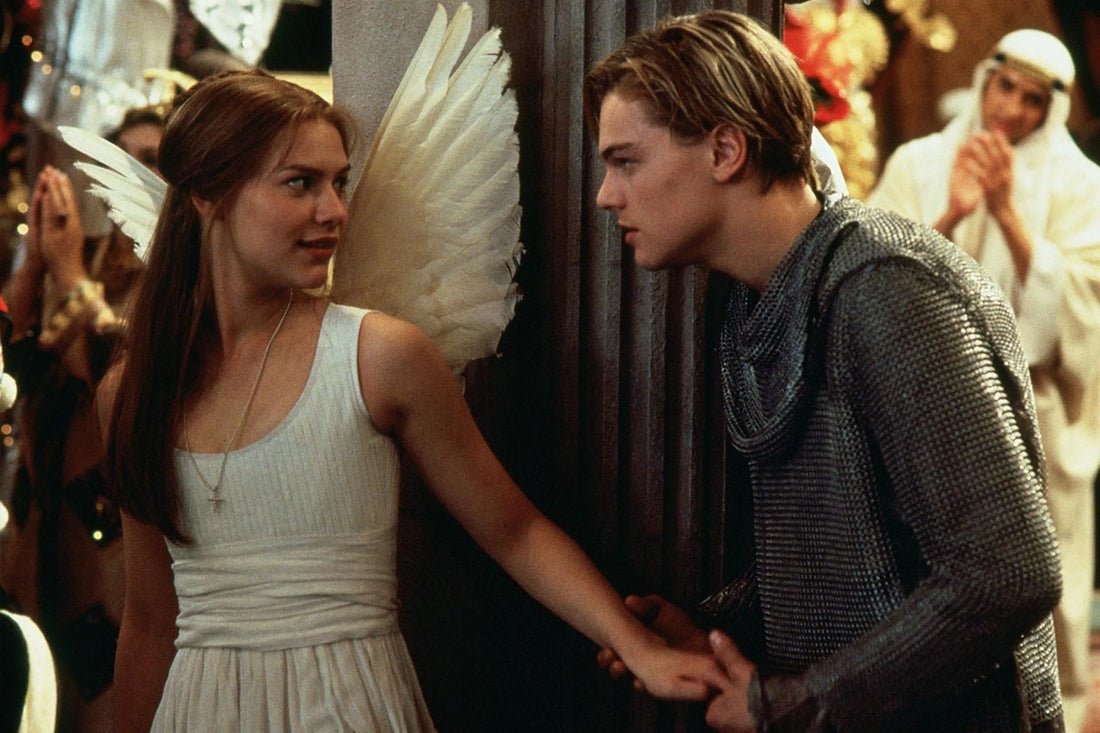
A Complete Summary of Romeo and Juliet
Jason PerinbamShare
Preparing for your GCSE English Literature exam? Romeo and Juliet by William Shakespeare is a cornerstone of the curriculum, exploring timeless themes of love, fate, and conflict. To help you master this tragic play, we’ve broken down each act with a clear summary and key insights—perfect for revision and essay writing.
Why Understanding the Plot Matters
A solid grasp of the play’s structure, characters, and themes is essential for answering exam questions effectively. Whether analysing Shakespeare’s language, dramatic irony, or the consequences of impulsive love, this summary will give you the foundation to excel.
Act-by-Act Summary of Romeo and Juliet
Prologue: A Fateful Introduction
Key Events:
- The Chorus introduces the feud between the Montagues and Capulets.
- Foreshadows the "star-crossed" lovers’ tragic fate.
Themes: Fate, conflict, and the inevitability of tragedy.
Why It Matters: Sets the tone for the play’s exploration of love and destiny.
Act 1: Love and Conflict Collide
Key Events:
- A street brawl erupts between the feuding families.
- Romeo and Juliet meet at the Capulet ball and instantly fall in love.
Themes: Love at first sight, family rivalry, and youthful impulsivity.
Why It Matters: Introduces the central conflict and the lovers’ forbidden romance.
Act 2: Secret Unions
Key Events:
- The iconic balcony scene: Romeo and Juliet declare their love.
- Friar Laurence agrees to marry them, hoping to end the feud.
Themes: Secret love, hope, and the power of individual choice.
Why It Matters: Shows the lovers’ defiance of societal expectations.
Act 3: Tragedy Unfolds
Key Events:
- Tybalt kills Mercutio; Romeo avenges him and is banished.
- Juliet is forced into a marriage with Paris.
Themes: Revenge, fate, and the consequences of violence.
Why It Matters: Marks the turning point where the lovers’ happiness unravels.
Act 4: Desperation and Deception
Key Events:
- Juliet takes a potion to fake her death.
- The Capulets mourn, believing her dead.
Themes: Sacrifice, isolation, and the limits of loyalty.
Why It Matters: Heightens the tension leading to the tragic climax.
Act 5: The Final Tragedy
Key Events:
- Romeo, unaware of Juliet’s plan, poisons himself.
- Juliet awakens and stabs herself.
- The feuding families reconcile over their children’s deaths.
Themes: Miscommunication, the cost of hatred, and redemption.
Why It Matters: The resolution underscores the play’s moral about the futility of feud.
How to Use This Summary in Your Exam
Link to Themes: Connect events to love ("balcony scene"), fate ("star-crossed"), or conflict ("street brawl").
Analyse Shakespeare’s Techniques: Note dramatic irony (e.g., Juliet’s fake death), metaphors, and foreshadowing.
Track Character Arcs: Compare Romeo’s impulsivity with Juliet’s resolve.
For deeper analysis, key quotes, and essay-ready notes, explore our Romeo and Juliet Cheat Sheet. It’s packed with Grade 9 insights, character profiles, and exam strategies!
Final Tip: Practice Active Revision
Summarise each act in your own words and practice linking events to themes. For example:
"Shakespeare uses the balcony scene (Act 2) to show love’s power to transcend family hatred."
Ready to boost your revision? Our GCSE English Literature bundles include resources for Romeo and Juliet, An Inspector Calls, and more—all designed to help you achieve top marks.
Happy studying! ✨📖
P.S. Struggling with analysis or quotes? Our text-specific cheat sheets break down An Inspector Calls, A Christmas Carol, and more into Grade 9-ready notes.
Why JP Tutors Hub?
Founded by a straight-A student, our resources are:
✨ Exam-board aligned
✨ Used by thousands of GCSE students
✨ Designed to save you time and boost marks
Follow us for more free tips—or visit our shop to upgrade your revision! 🚀